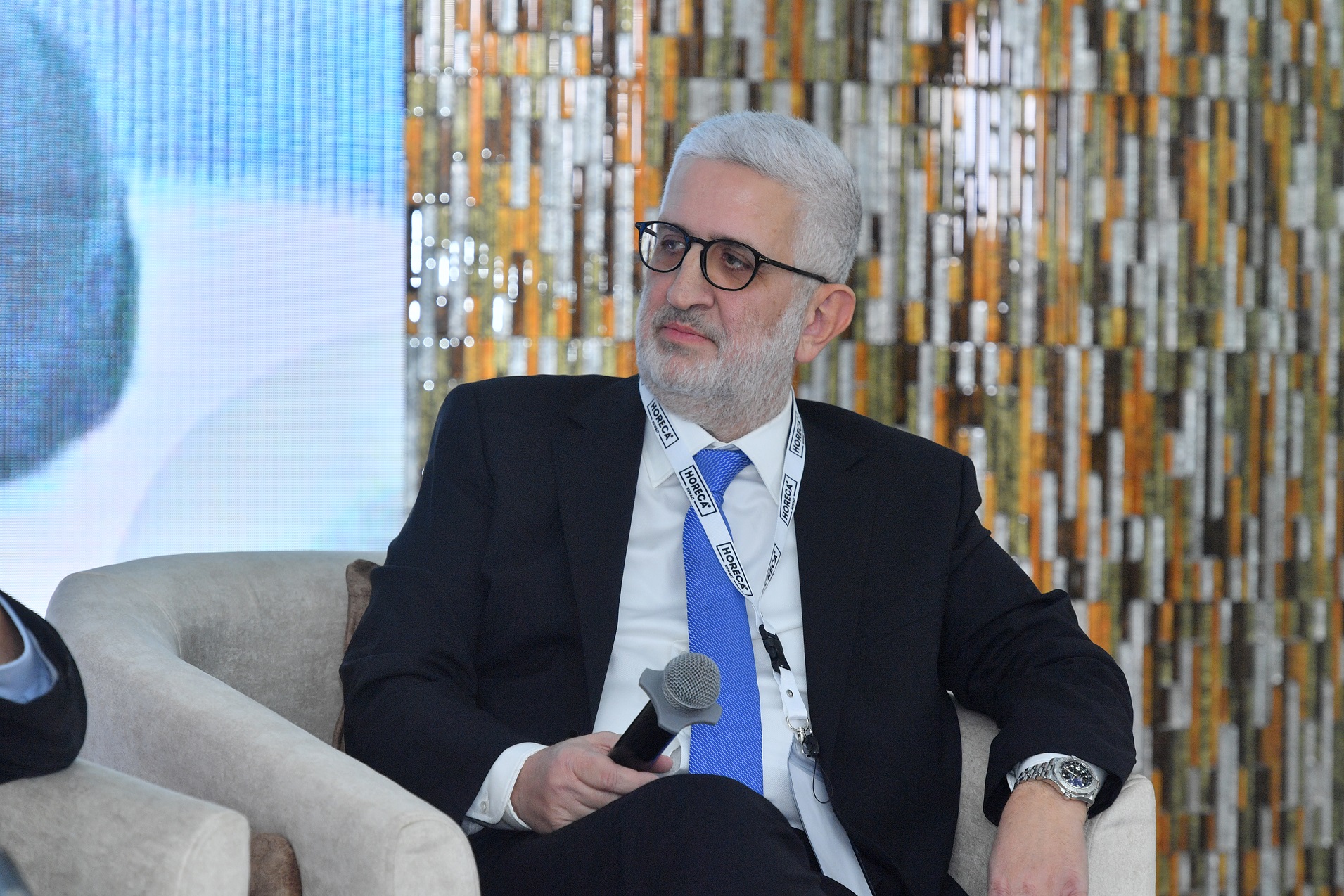While the GCC imports around 85 percent of its food and beverage, Kuwait’s figure is closer to 90 percent. We explore the opportunities and challenges facing the leading food and beverage suppliers in the country.
The current situation
Traditionally, Kuwait’s food and beverage suppliers have generated high revenues due to the country’s heavy reliance on imported products. Indeed, it is estimated that there are around 100,000 food-related businesses in Kuwait, the highest concentration in the entire GCC. However, according to Antoine Obeid, regional managing director of Farmland, while business generated in the HoReCa sector has grown because of new restaurant openings, it has been impossible to increase prices in the past five years.
The effects of e-commerce
E-commerce has grown considerably in the region, particularly in retail. Gabriel Pharaon, CEO of Mohamed Naser Al-Hajery & Sons Co Ltd. said that the group is stronger in retail, which accounts for 85 percent of its business, and that the pandemic accelerated e-commerce growth. Hani Merhi, CEO of FMCG and F&B companies at Al Babtain Group, added that souq.com and other leading e-commerce platforms have gone regional, adapting to the changing behavior of consumer to make purchases online.
As well as selling through other platforms, Farmland has its own e-commerce site. Obeid stated that Farmland-owned La Maison du Fromage, the first premium cheese company and shop in the country that specializes in over 300 cheeses from nine countries, even has its own mobile app. However, he admitted that customers still prefer to make their purchases in store and e-commerce has a relatively small share.
At Mohamed Naser Al-Hajery & Sons Co Ltd., which counts Illy and Häagen-Dazs® among the brands it carries, Prime selection is the HoReCa showroom, as well as a workshop and a training center for professionals. The shop also has its own mobile app.
Tough challenges
Global inflation is a real issue, with a decline in consumer purchasing power.
Regional instability has had a negative knock-on effect, with a slump in consumer sentiment. Merhi pointed out that the geopolitical situation has adversely affected demand for food and non-food items. There have also been delays in shipments.
Furthermore, recruitment and talent retention continues to pose a challenge for F&B suppliers, as the skilled workers seek better opportunities abroad.
Opportunities in the market
Although many segments have become saturated and highly competitive, Merhi explained there are still some market opportunities, with Kuwait having the world’s highest consumption per capita of energy drinks and high demand for confectionery, sparkling water and processed cheeses.
In addition, as Kuwaitis are regular travelers, they are frequently exposed to different cultures and innovative products that they look for once they return home. Subsequently, demand is created for certain brands and concepts.
Pharaon stated that the “better for you” segment is expanding, evidenced by the increase in healthy snacks, protein bars and similar goods.





















